-
In Green Left Weekly #972, Tony Iltis wrote on the huge protests against the Morsi government, the military intervention that removed it and the immediate aftermath. These events, hailed by many on the Egyptian left as a “second revolution”, have sparked widespread debate around the world. Below, Tim Dobson, presents a different view of the events ― one that argues it was an outright reactionary coup. You can also read Iltis's most recent piece.
-
The Illawarra regions of Shellharbour, Shoalhaven and Kiama combined have the highest unemployment rate in the country, at 15.3%, the Australia Bureau of Statistics said. This is 178% higher than the national average of 5.5%. If Wollongong is included, the average figure is 10.2%, 85% higher than the national average. The decline in manufacturing has hit the region hard. In 2011, Bluescope announced it would sack 700 workers at its Port Kembla steelworkers. In response to those sackings, Patrick Stevedoring announced the next month that it was sacking 160 wharf workers at Port Kembla.
-
 It seems the one thing all Australians can agree on is that they hate Tom Waterhouse. It is not much of a surprise, since anyone watching any sporting event is bombarded with ads for his sports betting business prominently featuring his smiling face.
It seems the one thing all Australians can agree on is that they hate Tom Waterhouse. It is not much of a surprise, since anyone watching any sporting event is bombarded with ads for his sports betting business prominently featuring his smiling face. -
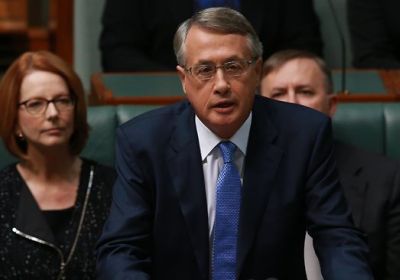 "By keeping, if needed, all Labor's budget cuts and by not implementing any of their budget spending measures unless specified, we will achieve the first duty of every government -- namely, to preserve the nation's finances," said Tony Abbott in his budget reply speech. This is what is to come under an Abbott government -- a continuation of Labor's cuts and restraint when it comes to spending.
"By keeping, if needed, all Labor's budget cuts and by not implementing any of their budget spending measures unless specified, we will achieve the first duty of every government -- namely, to preserve the nation's finances," said Tony Abbott in his budget reply speech. This is what is to come under an Abbott government -- a continuation of Labor's cuts and restraint when it comes to spending. -
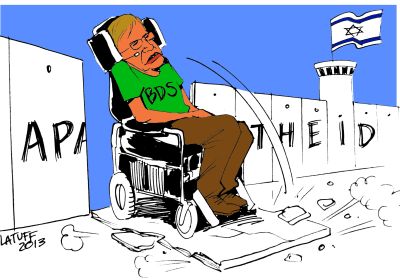 “The anti-Semite Stephen Hawking can’t even wipe his own ass." “Someone should release the hand brake when he’s on a hill." “He should die already." These were just some of the comments left on Facebook after the most famous cosmologist in the world, Stephen Hawking, announced he was respecting the academic boycott of Israel.
“The anti-Semite Stephen Hawking can’t even wipe his own ass." “Someone should release the hand brake when he’s on a hill." “He should die already." These were just some of the comments left on Facebook after the most famous cosmologist in the world, Stephen Hawking, announced he was respecting the academic boycott of Israel. -
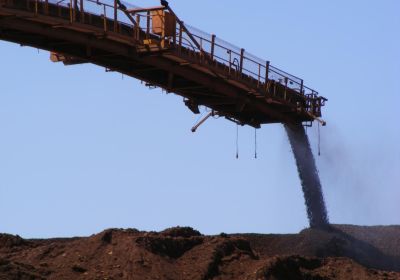
Economic forecasting agency BIS Shrapnel has reported that engineering work, spurred on by the mining boom, would be about $128 billion in Australia this financial year. It may be easy to suggest that, despite the rumours, the mining boom is set to continue long into the future. However, the report was quite downbeat. ABC Online said BIS Shrapnel predicted that a "slowdown in mining investment and its related infrastructure is expected to reduce activity by 5.4% next financial year … engineering construction will be 20% below this year's peak by 2016-2017."
-
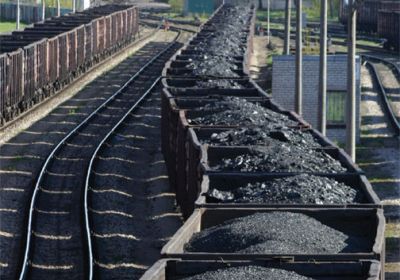 After being forced to admit that “clean coal” will never happen, the coal industry has fallen back on an old argument to justify itself — that Australia cannot live without the industry because it does so much for the economy by providing jobs and creating wealth.
After being forced to admit that “clean coal” will never happen, the coal industry has fallen back on an old argument to justify itself — that Australia cannot live without the industry because it does so much for the economy by providing jobs and creating wealth. -
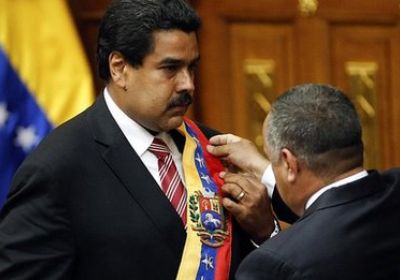
As Venezuelan people fight to have the elected government of Nicolas Maduro recognised, the nation’s democracy and election processes have been questioned by Australian media. Australians, as well as being told how lucky they are to live in such a prosperous country, are also told how lucky they are to live in a democracy where opinions are heard, unlike in other countries. But this onerous truism doesn’t really stand up to comparison. There have been some historical achievements in Australia, even if this was still marked by ugliness.
-
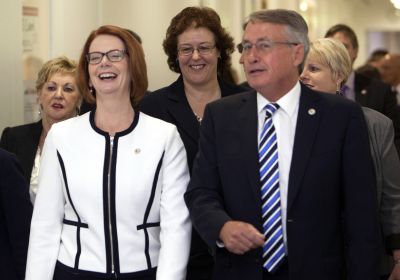
Those who live in Australia are used to hearing about how lucky they are. The idea that Australians just don’t realise their luck has become popular in the lead up to the next federal election by some who feel that it would be crazy to vote out the federal Labor government.
-
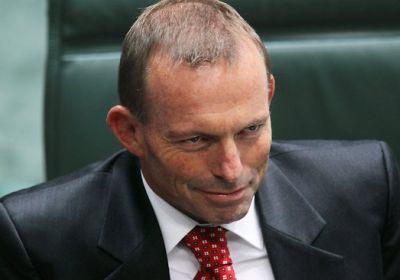
When Opposition leader Tony Abbott spoke at the 70th anniversary dinner of the Institute of Public Affairs on April 5, he knew he was among friends. The IPA is a right-wing think-tank that promotes conservative politics in Australia.
-
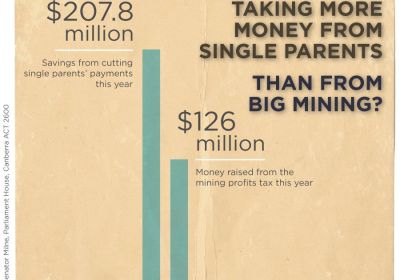 It seems that everyone in Australia can now agree that a class war has erupted. Former Labor Party leader Simon Crean, recently sacked by Prime Minister Julia Gillard said: “The Labor Party has always operated most effectively when it has been inclusive, when it’s sought consensus, not when it has sought division, not when it has gone after class warfare.”
It seems that everyone in Australia can now agree that a class war has erupted. Former Labor Party leader Simon Crean, recently sacked by Prime Minister Julia Gillard said: “The Labor Party has always operated most effectively when it has been inclusive, when it’s sought consensus, not when it has sought division, not when it has gone after class warfare.” -
 For those who believed in the “sanctity of sport” or see it as a way to escape from the harsh realities of the “real world”, it hasn't been a good month. On February 4, Europol revealed that 380 soccer matches across Europe had been fixed, with 425 officials and players suspected of being involved.
For those who believed in the “sanctity of sport” or see it as a way to escape from the harsh realities of the “real world”, it hasn't been a good month. On February 4, Europol revealed that 380 soccer matches across Europe had been fixed, with 425 officials and players suspected of being involved.
Tim Dobson
Tim Dobson